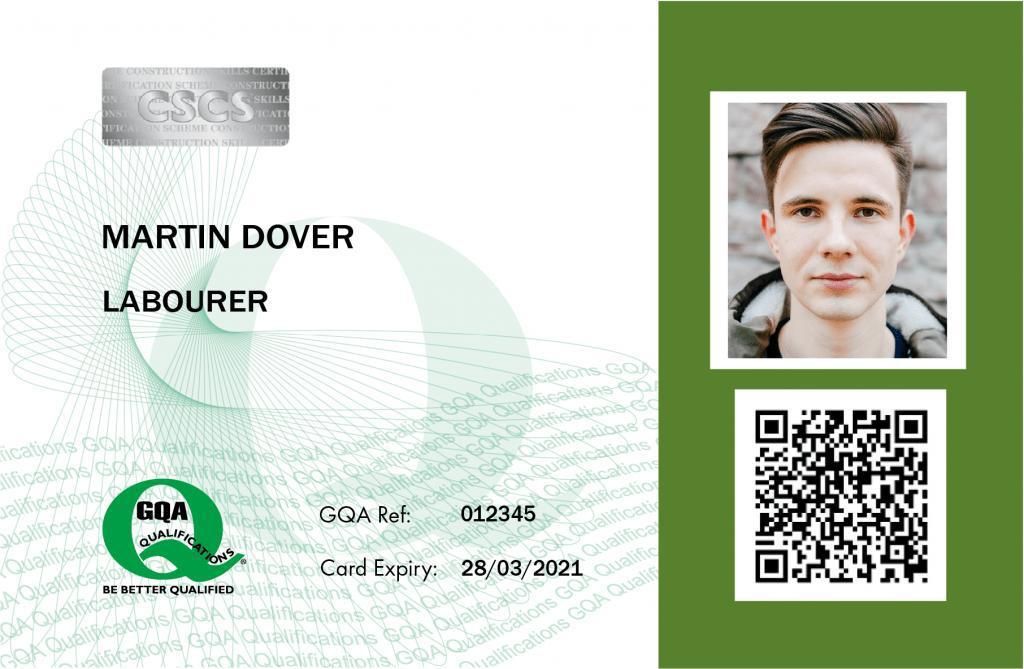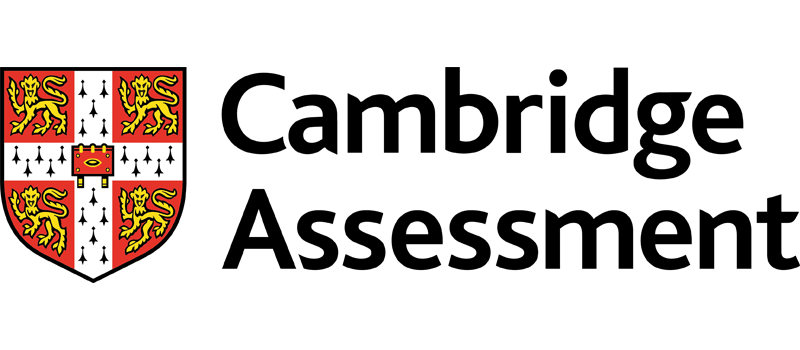
Mindfulness and Meditation for Mental Health
Course ID: 2505260101301ESH
Course Dates : 26/05/25 Course Duration : 5 Studying Day/s Course Location: London, UK
Language: Bilingual
Course Category: Professional and CPD Training Programs
Course Subcategories: Health, Safety and Risk Management
Course Certified By: ESHub CPD & LondonUni - Executive Management Training
* Professional Training and CPD Programs
Leading to:
Executive Diploma Certificate
Leading to:
Executive Mini Masters Certificate
Leading to
Executive Masters Certificate
Certification Will Be Issued From :
From London, United Kingdom
Course Fees: £5,120.30
Vat Not Included in the price. VAT may vary depending on the country where the course or workshop is held.
Click to Pay
Date has passed please contact us Sales@e-s-hub.com
Course Information
Introduction
Mindfulness and meditation have emerged as essential tools for enhancing mental health and overall well-being. Rooted in ancient contemplative traditions and supported by modern neuroscience, these practices offer a structured approach to managing stress, improving emotional regulation, and fostering resilience. In professional settings, where high demands and constant pressures can lead to burnout and decreased productivity, mindfulness and meditation serve as effective interventions that enhance focus, creativity, and decision-making abilities. Organizations worldwide are integrating these techniques into their corporate wellness programs, recognizing their role in promoting psychological health and work-life balance.
Scientific research has established a strong connection between mindfulness practices and neurological changes that support emotional regulation and cognitive function. Studies demonstrate that regular meditation can reduce the activity of the amygdala, the brain's stress center, while strengthening neural pathways associated with concentration, empathy, and problem-solving. These findings validate mindfulness as a practical, evidence-based approach to improving mental health and professional performance. As a result, many industries, including healthcare, education, finance, and technology, have begun implementing structured mindfulness programs to support employee well-being and organizational success.
Despite its proven benefits, integrating mindfulness into daily life presents challenges. Many professionals struggle with time constraints, misconceptions about meditation, or difficulty maintaining consistency in practice. Additionally, cultural perceptions of mindfulness and meditation may lead to skepticism, particularly in high-performance work environments that prioritize efficiency over self-care. Addressing these challenges requires structured training that demystifies mindfulness, provides accessible techniques, and demonstrates its tangible benefits in both personal and professional contexts.
This course is designed to provide a comprehensive understanding of mindfulness and meditation, equipping participants with the tools necessary to incorporate these practices into their lives and workplaces. It offers a blend of theoretical knowledge, scientific insights, and practical exercises to ensure participants develop sustainable habits. Participants will explore different meditation styles, mindfulness-based stress reduction (MBSR) techniques, and strategies for overcoming common obstacles to practice.
By fostering self-awareness and emotional intelligence, this training empowers individuals to enhance their interpersonal relationships, navigate workplace stressors effectively, and cultivate a growth mindset. The structured approach ensures that participants not only understand mindfulness on a conceptual level but also experience its benefits firsthand through guided exercises and real-world applications.
Ultimately, this course aims to bridge the gap between traditional contemplative practices and modern professional demands. By integrating mindfulness and meditation into daily routines, participants will develop a greater sense of clarity, focus, and emotional resilience—critical attributes for thriving in both personal and professional spheres.
Objectives
By attending this course, participants will be able to:
Develop a comprehensive understanding of mindfulness and meditation principles.
Identify the neurological and psychological benefits of regular mindfulness practice.
Implement mindfulness techniques to manage stress, anxiety, and emotional challenges.
Enhance focus, decision-making, and emotional resilience in professional settings.
Overcome common obstacles to consistent mindfulness practice.
Integrate mindfulness strategies into workplace environments to improve productivity and collaboration.
Develop personalized mindfulness routines tailored to individual needs and schedules.
Utilize guided meditation techniques to improve sleep, emotional well-being, and cognitive performance.
Who Should Attend?
This course is ideal for:
Corporate professionals seeking to manage stress and enhance workplace productivity.
Healthcare providers, therapists, and counselors interested in incorporating mindfulness into their practice.
Educators and academic professionals aiming to foster emotional resilience in students and faculty.
Entrepreneurs and business leaders looking to improve decision-making and leadership effectiveness.
Human resource professionals and organizational leaders developing employee wellness programs.
Individuals in high-pressure industries, such as finance, law, and technology, who seek strategies for maintaining mental clarity and focus.
Anyone interested in personal development, emotional intelligence, and mental well-being.
Training Method
• Pre-assessment
• Live group instruction
• Use of real-world examples, case studies and exercises
• Interactive participation and discussion
• Power point presentation, LCD and flip chart
• Group activities and tests
• Each participant receives a 7” Tablet containing a copy of the presentation, slides and handouts
• Post-assessment
Program Support
This program is supported by:
* Interactive discussions
* Role-play
* Case studies and highlight the techniques available to the participants.
Daily Agenda
Daily Schedule (Monday to Friday)
- 09:00 AM – 10:30 AM Technical Session 1
- 10:30 AM – 12:00 PM Technical Session 2
- 12:00 PM – 01:00 PM Technical Session 3
- 01:00 PM – 02:00 PM Lunch Break (If Applicable)
- Participants are expected to engage in guided self-study, reading, or personal reflection on the day’s content. This contributes toward the CPD accreditation and deepens conceptual understanding.
- 02:00 PM – 04:00 PM Self-Study & Reflection
Please Note:
- All training sessions are conducted from Monday to Friday, following the standard working week observed in the United Kingdom and European Union. Saturday and Sunday are official weekends and are not counted as part of the course duration.
- Coffee and refreshments are available on a floating basis throughout the morning. Participants may help themselves at their convenience to ensure an uninterrupted learning experience Provided if applicable and subject to course delivery arrangements.
- Lunch Provided if applicable and subject to course delivery arrangements.
Course Outlines
Introduction to Mindfulness and Meditation
Understanding Mindfulness: Definitions, History, and Modern Applications
Scientific Evidence: How Mindfulness Affects the Brain and Mental Health
Core Principles of Mindfulness-Based Stress Reduction (MBSR)
Guided Meditation: Awareness and Breathing Techniques
Day 2
Emotional Resilience and Stress Management
The Physiology of Stress: Recognizing Triggers and Responses
Mindfulness Techniques for Managing Anxiety and Negative Thinking
Developing Emotional Intelligence through Mindfulness
Practical Exercises: Body Scan and Loving-Kindness Meditation
Day 3
Enhancing Focus, Productivity, and Well-Being
Mindfulness and Cognitive Performance: Improving Concentration and Decision-Making
Applying Mindfulness in the Workplace: Meetings, Communication, and Leadership
Overcoming Barriers to Consistent Mindfulness Practice
Guided Meditation: Mindful Movement and Walking Meditation
Day 4
Mindfulness for Interpersonal Relationships and Communication
Developing Empathy and Active Listening Skills through Mindfulness
Managing Workplace Conflicts with Mindful Communication
The Role of Mindfulness in Leadership and Team Collaboration
Practical Exercises: Gratitude and Self-Compassion Meditation
Day 5
Sustaining Mindfulness Practice and Long-Term Well-Being
Designing a Personal Mindfulness Routine for Long-Term Benefits
Integrating Mindfulness into Daily Life: Work, Home, and Social Settings
Advanced Techniques: Visualization and Deep Focus Meditation
Closing Session: Group Reflection and Personalized Action Plans



















































